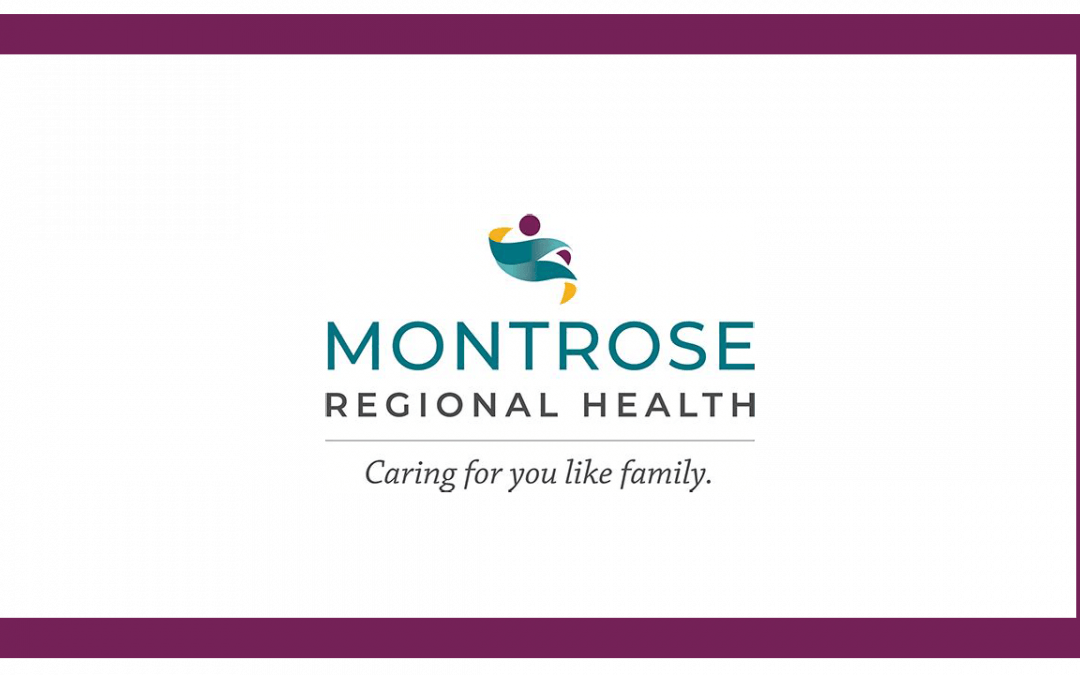In 2018, Memorial Regional Hospital (MRH) based in Craig, Colorado committed to being a leader in care coordination and population health management for Northwest Colorado.
“Care coordination has increasingly become an ancillary component in the evolution of health care. Before it was a trend, the hospital understood that a set of secondary support systems was an important complement to caring for people’s physical and mental health” explained Paula Belcher, MRH’s Director of Population Health Management and Analytics.
Paula is an architect by training but found her building and project management background transferred seamlessly to building the hospital’s population health program from inception. Paula’s warm personality coupled with her grit, confidence and ability solve problems has allowed her to excel in this role. She went on to earn her Master’s in Public Health (MPH) after accepting the role, but reflected: “Whatever I didn’t know, I trusted I could figure out. It’s been challenging, but incredibly rewarding.”
The first step to building a successful program from the ground-up began with listening to providers who have the literal and figurative pulse of the patients. Whether they saw patients once a year or once a week, Paula witnessed how finely attuned providers were to the health of their patients. They intuitively understood there were factors outside their control impacting their patients’ health—access to food, housing instability, transportation, inability to pay for medications—which were so often obstacles they couldn’t readily address.
The insight shared by the providers helped MRH’s Population Health Department understand what a care team should look like—providers, social service agencies, and other community partners who contribute their respective knowledge and expertise to meet the health and social needs of patients. By skillfully equipping care team members with messaging and processes that fit within their individual practice, the department has seen enormous success serving their whole community and the whole-person.
Today MRH has been awarded grants from statewide organizations including the Colorado Department of Health and the Environment (CDPHE) and Hunger Free Colorado. They have also been awarded upwards of $1.6 million in federal funding to support substance use disorder prevention, treatment, and recovery initiatives in the Northwest Colorado region. They have partnered with Rocky Mountain Health Plans to provide care coordination services to Medicaid recipients; they have also assisted with the implementation of a social determinants of health screener under the CDC’s Accountable Communities Health Model (ACHM) to help people connect with community resources and meet their basic needs.
“I am extremely grateful for the funding we’ve received. We’ve been able to create impactful programs and develop relationships with partner agencies to support a lot of people with complex needs,” Paula stated.
One such example includes funding through CDPHE’s WISEWOMAN grant, which allowed MRH to create a self-monitored blood pressure (SMBP) program; and despite the name, the program supports for both women and men. It is designed to allow patients to monitor their own blood pressure by checking-out and taking home a blood pressure kit. After monitoring their own blood pressure at home, they are asked to report their results to their provider who will create an individualized care plan if warranted. The program was so successful that MRH continued to run out of blood pressure cuffs.
“We had such great buy-in from the providers and nurses, and such demand from our patients, we were recently granted more funding by CDPHE to grow the program,” shared Paula. She continued, “My role has been to develop workflows that make eligibility and enrollment easy for the staff and the patients.”
The program has gone through several revisions, as team members reflect on how to make the program more streamlined and efficient. MRH as a whole routinely engages in clinical quality improvement efforts.
Reflecting on MRH’s stance toward quality improvement, Paula explained: “You don’t want to assume something is working; evaluate and assess if it’s working and always consider how you can make it better or how it needs to adapt in response to changing circumstances.”
The WISEWOMAN SMBP Program is just one example of the incredible work MRH is doing in care coordination and population health management. Paula understands that without the providers’ investment in this work, her department would not see the success it has:
“Our success is a testament to the incredible providers and nurses I get to work with daily. They do the right thing for their patients every day and people should know that. Without them, we could not be successful.”
The work MRH is doing externally for their patients is just a portion of their efforts. Internally, they also work diligently with Monument Health to encourage internal employee wellness. Paula has seen firsthand how providers so often delay their own personal care because they are so busy caring for patients: “We have to remind them that in the same way as they take care of their patients, they have to care for themselves.”
Through programs and a lot of communication, MRH has seen a huge increase in the number of employees who scheduled and completed their own annual wellness visits at no expense.
Monument Health is proud to support their employee wellness efforts and work alongside Paula Belcher and the incredible providers who live out their mission—to improve the life of the communities they serve through patient-centered health care and service excellence in the Craig community and surrounding area.
Ashley Thurow, Monument Health’s executive director, loves working with hospitals and providers like Memorial Regional Hospital: “Healthcare organizations who are focused on care coordination and prevention, they are the ones who move the dial to reduce the cost of overall care and help people and communities achieve better health. Memorial Regional Health is a bright spot and a leader in Northwest Colorado, without a doubt.”

